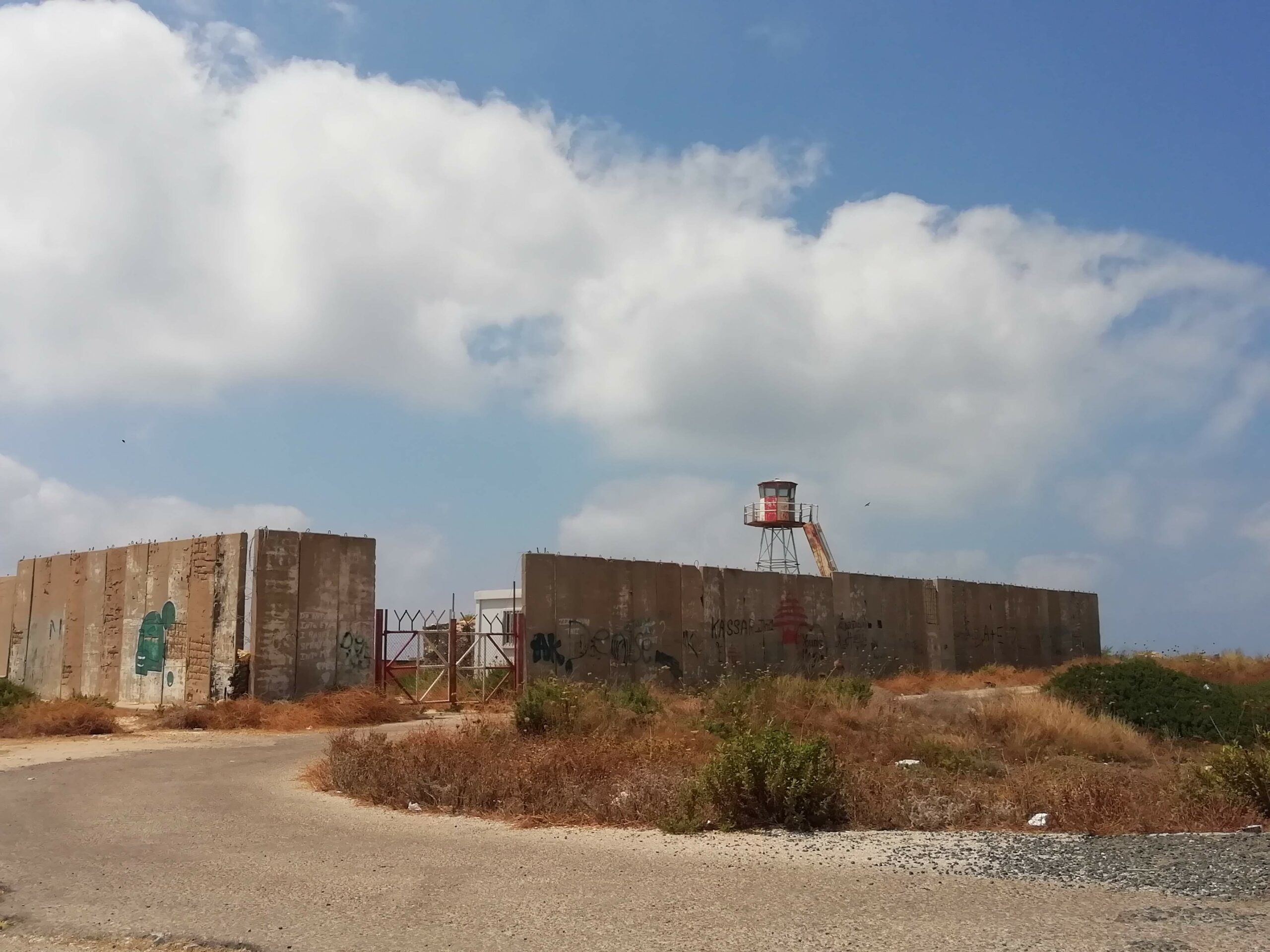The boundary grows ever more fine, much like the Blue Line that marks off Lebanon from Israel, blurring the lines between the imminent threat of outright war between Hezbollah and Israel and the ongoing daily clashes.
These have intensified over the past six months, featuring an escalation in fire exchanges between the Upper Galilee and the south of Lebanon.
In this volatile setting, over 10,000 UN peacekeepers, with a strong contingent of a thousand Italians, stand on the cusp of getting entangled in a widespread conflict. Daily, they must seek refuge multiple times in the bunkers at their bases, which dot the entire frontline.
“The escalation of violence near the Blue Line deeply concerns us,” Andrea Tenenti, spokesperson for the UN mission in Lebanon since 1978, tells me.
Recent days have seen a spike in Israeli bombings met with rocket and missile fire from Hezbollah and other armed factions. “Such escalations have led to a significant toll on civilian lives and the destruction of homes and means of livelihood,” Tenenti shares from the UNIFIL base in Naqura, a stone’s throw from the Blue Line.
During the interview, the sound of an Israeli artillery shell bursts in through the window. To the east of the coastal road, a plume of smoke ascends from an Israeli strike on a vehicle carrying a Hezbollah member.
Hezbollah fighters and their allied groups are seamlessly part of the local community. While they launch rockets from the wilderness, their weapons storage and logistics often lie within populated areas.
The remnants of a café-restaurant, obliterated two days prior by an Israeli drone’s missile, are starkly visible on the hill above the UN mission’s headquarters, where the road winds out of sight.
Among those lost were civilian members of the political and armed movement Amal, allied with Hezbollah, and a renowned fisherman from Naqura, Issam M. Along with his wife Ola and their two children, he was cherished by the village.
In Tyre, the regional capital 90 km south of Beirut, the community recently mourned the passing of fisherman Issam and other “martyrs” from Naqura. The Khodr Mosque became a place of gathering where dignitaries, local civil and military officials, and residents came together to offer their condolences.
“We’re deeply worried about our immediate and future prospects; the economy here is shattered, just like the homes in our villages,” says Hasan Dabuk, president of the Tyre Municipalities Union.
The villages along the Blue Line seem to bear the scars of an earthquake: entire neighborhoods demolished, rubble everywhere, and fields of olive, banana, and tobacco devastated by phosphorus and conventional bombs from Israel.
“We’ve lost entire seasons of harvest,” Dabuk laments. “While tens of thousands have fled northward, many have chosen to stay or return,” he adds, highlighting the resilience of Southern Lebanon communities.
